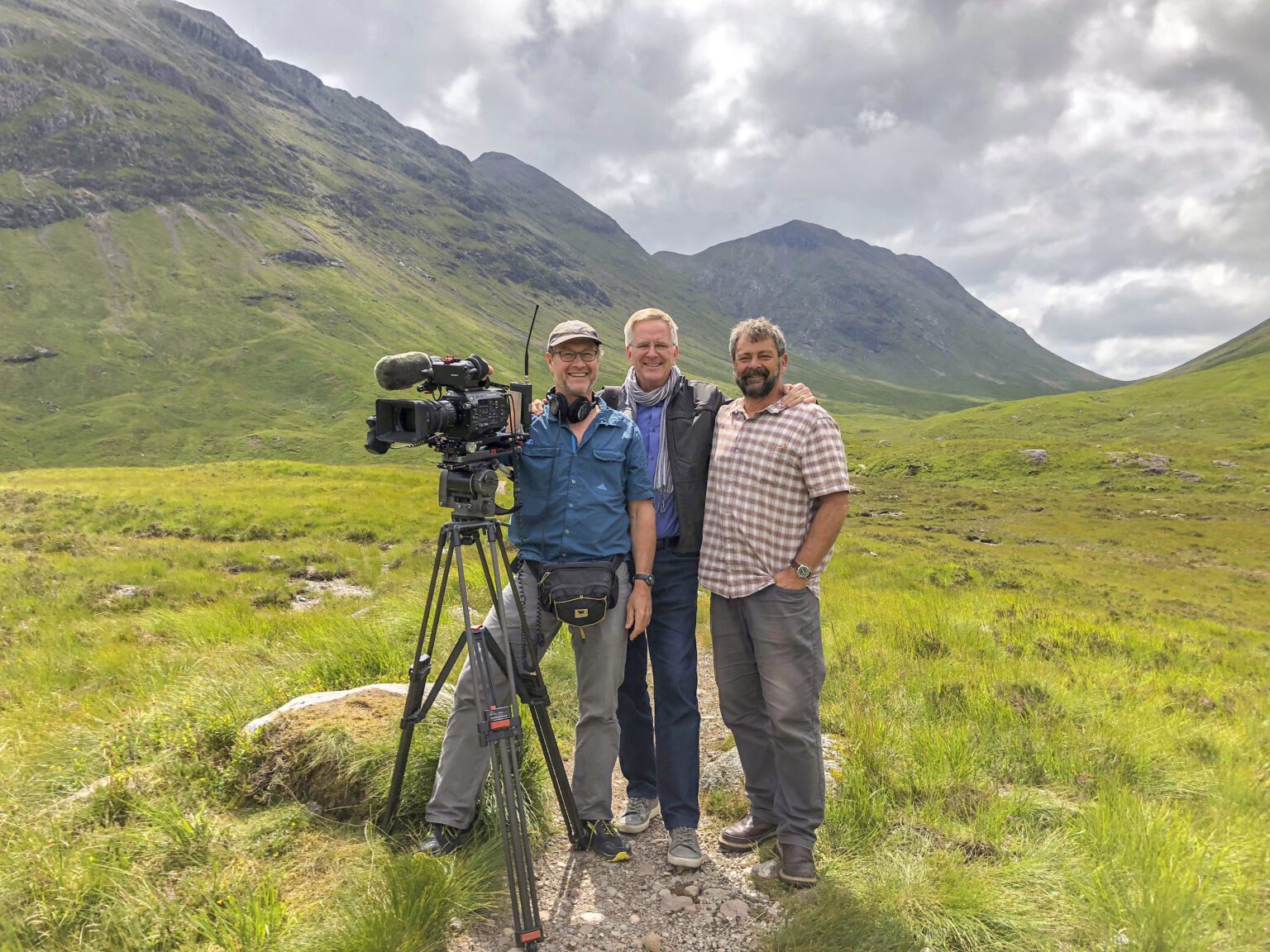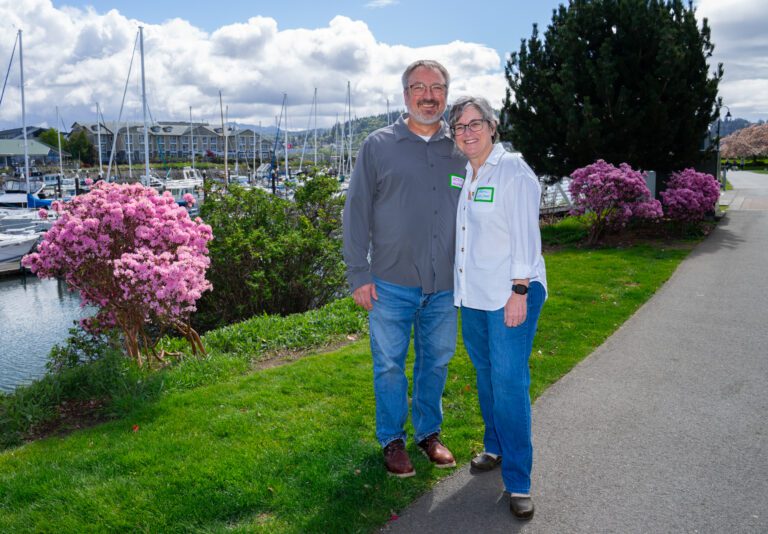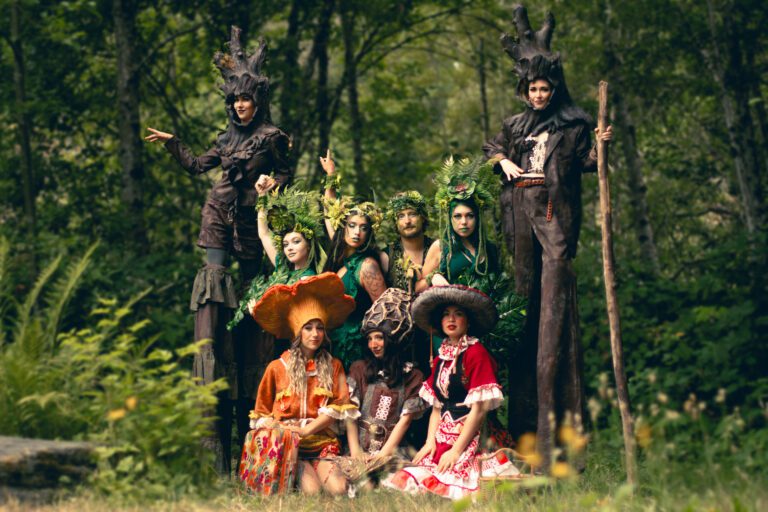Despite his globetrotting reputation, Rick Steves has a soft spot for cities closer to home.
The European travel expert has been speaking in Bellingham since he was a student; four decades later, he’s gearing up for a Village Books event on Thursday, April 4. Ever wondered how Europe has changed since lockdown, or how to avoid tourist traps in the digital age? Here’s your chance to find out.
“It’s like coming home and giving my basic talk about how you can travel smartly in Europe,” Steves said. “And it’s the same talk I’ve been giving for decades — but it’s updated to exactly what’s going on today.”
Having lived in Edmonds since 1967, Steves is a tried-and-true Washingtonian — though few Americans know Europe better than him. His guidebooks were the No. 1-selling travel series in the U.S. in 2023, and he’s also notable for his TV shows and small-group tours. Steves’ first publication, “Europe Through the Back Door” turned 44 this year.
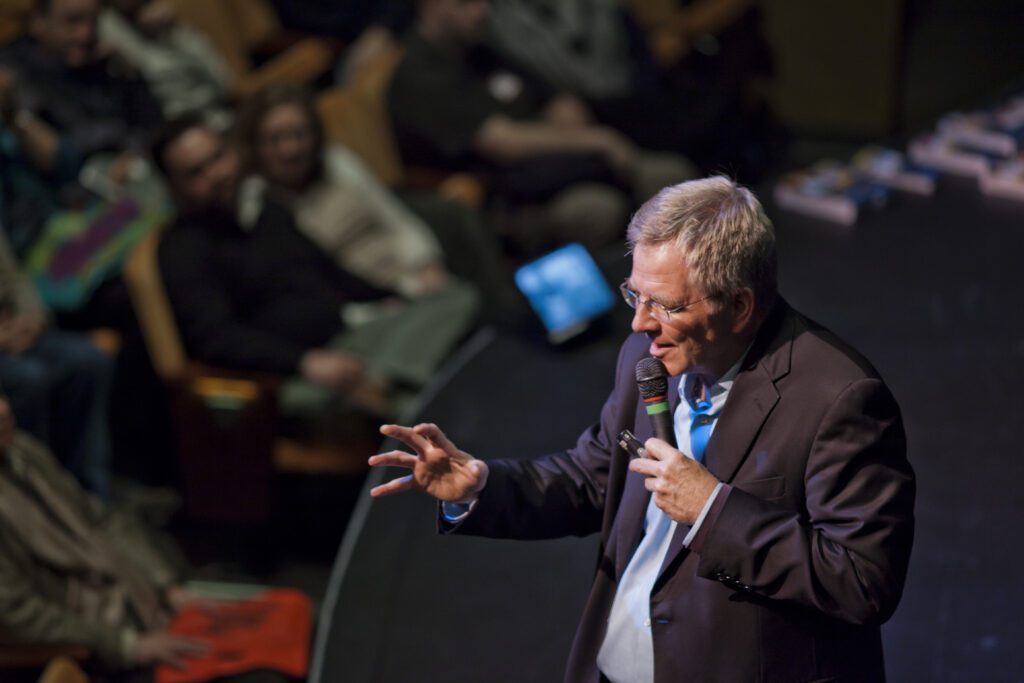
But European travel looks very different than it did in 1980. For starters, you’d be hard-pressed to walk up to a museum without pre-booking a ticket. The idea of finding a decent room sans reservations is laughable in the age of Airbnb. In the ‘80s, folks were more concerned about traveler’s checks and snail mail than Instagram and Apple Wallet.
Contemporary readers will find no shortage of travel recommendations online — but the need for curated advice remains. Luckily Steves is well-equipped to help travelers navigate the age of inflation and influencers.
“They could have a better time more efficiently and less expensively if they found the right information, so that’s my mission,” he said.
Steves takes this mission seriously: His small-group tours shepherd more than 30,000 travelers through Europe each year. Steves and his team of researchers will also spend a combined 350 days in Europe in 2024, meticulously updating his guidebooks. Steves compares this experience to “breathing oxygen” — and while the 68-year-old could certainly retire, he has no plans to do so any time soon.
“I’ve got too many things I want to do as a teacher, as a travel leader,” Steves said. “I get to collaborate with so many hardworking, talented colleagues. Europe is a big beat, and it’s more important than ever that Americans travel.”
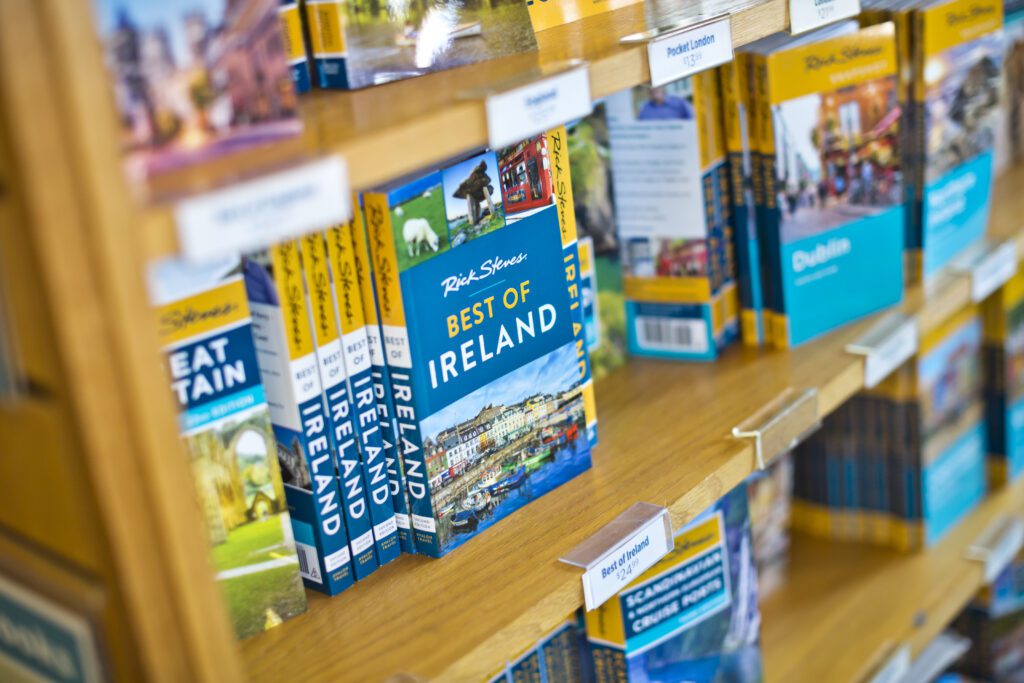
The benefits of culture shock
What started as a way to help folks visit Europe in a budget-friendly manner has grown into something more principled. Now, Steves’ core mission lies in encouraging readers to approach travel as a transformational experience, not just escapism.
“I think culture shock is constructive,” Steves said. “It’s the growing pains of a broadening perspective. It needs to be curated, but it should not be avoided — and that’s kind of what a good tour guide does.”
Steves sees the evolution of his work as a pyramid, akin to Maslow’s “hierarchy of needs, but for the traveler.” His first decade corresponded to the bottom tier, or the bare necessities: how to budget, catch a train, stay healthy, pack light and so on. The next tier is reserved for culture, art and history. But the pyramid’s pinnacle is what Steves refers to as “travel as a political act.”
In Steves’ view, travel is a matter of stewardship. Life is short and money is limited — so why not spend those resources ethically? Patronizing family-owned businesses supports local economies, and choosing trains over cars or planes is more energy efficient. Moreover, choosing to interrogate and embrace cultural differences might just make someone “more inclined to build bridges and less inclined to build walls.”
This doesn’t mean forgoing comfort: While Steves’ earliest books were designed for shoestring budgets, he’s broadened his focus to accommodate the occasional splurge. But at the same time, he encourages all who are “blessed enough to travel” to question their own ethnocentric tendencies.
“When you travel, you learn more about your home by leaving it and looking at it from a distance,” Steves said. “You go home with what is the most beautiful souvenir, and that’s a broader perspective.”
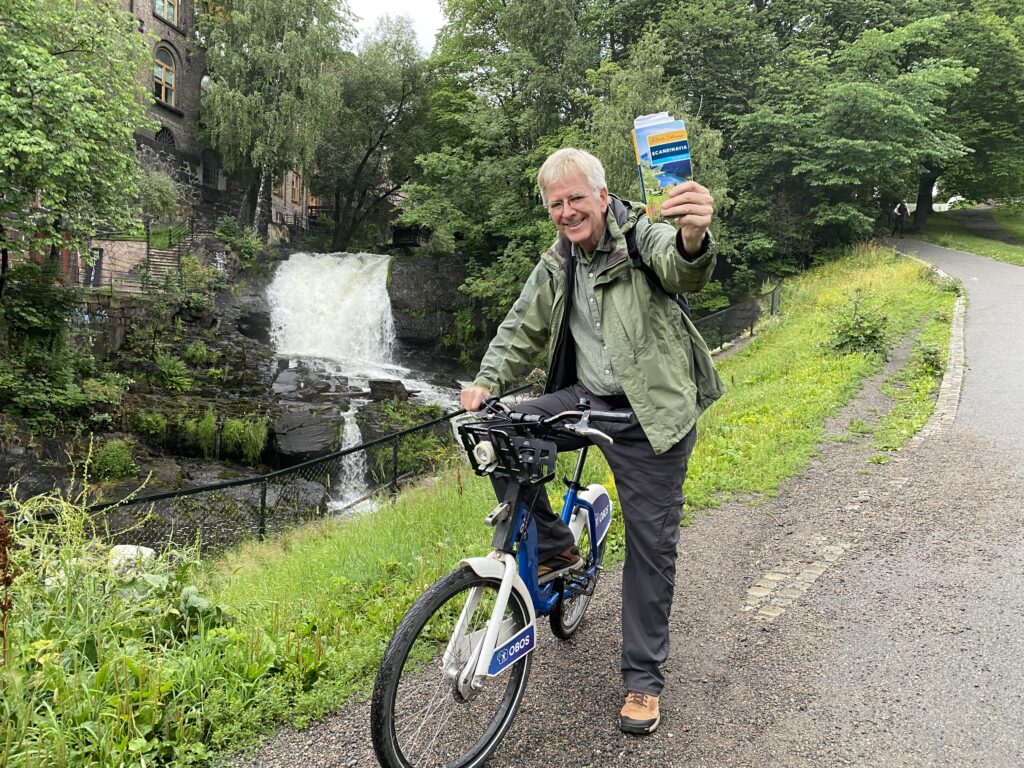
Giving back for positive change
Steves has a long history of supporting organizations working to create positive change at home. He’s personally donated to causes ranging from climate justice to hunger relief, arts and education, and even drug policy reform.
Steves also gives back through education: He offers a wealth of free resources, ranging from TV shows to an audio tour app. His series “Classroom Europe” database, which consists of more than 600 educational videos, is well-suited for travelers and teachers alike.
Finally, when he’s not train-hopping in Europe, Steves participates in outreach and educational efforts at home. He cited a recent trip to St. Petersburg, Florida, where he hosted two sold-out shows with the Florida Orchestra.
“I wanted to illustrate how we feel so good when we hear ‘America the Beautiful’ … and then take that wonderful — if ethnocentric — musical emotion on the road and realize that, in Norway, people don’t care about John Philip Sousa,” Steves said. “They’re all excited about Edvard Grieg. In Vienna, it’s the Strauss waltzes, and in Italy, it’s a Verdi opera.”
Steves said it’s these kinds of multicultural experiences that humble us and “carbonate our existence.” He aims to spread this gospel in cities across the U.S. — although, compared to other areas, he said Bellingham tends to be more open-minded.
“Of course, I love traveling and teaching up in Bellingham,” Steves said. “But what’s really a challenge for me is to go to a community that has far fewer passports per capita, and is more fearful.”
Bellinghamsters might be less hesitant to leave their comfort zones, but that doesn’t mean we don’t have more to learn. After all, “everybody can be inspired to get out there a little more creatively, and aggressively embrace cultural differences.”
Rick Steves is speaking at Bellingham High School at 7 p.m. Thursday, April 4. Tickets are $10 and can be purchased in advance online. Info: eventbrite.com.
Cocoa Laney is CDN’s lifestyle editor; reach her at cocoalaney@cascadiadaily.com; 360-922-3090 ext. 128.

